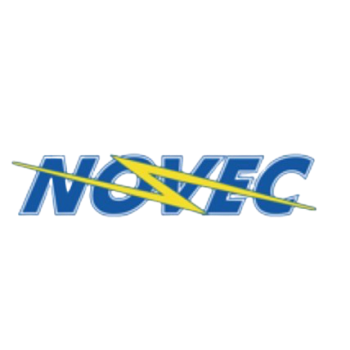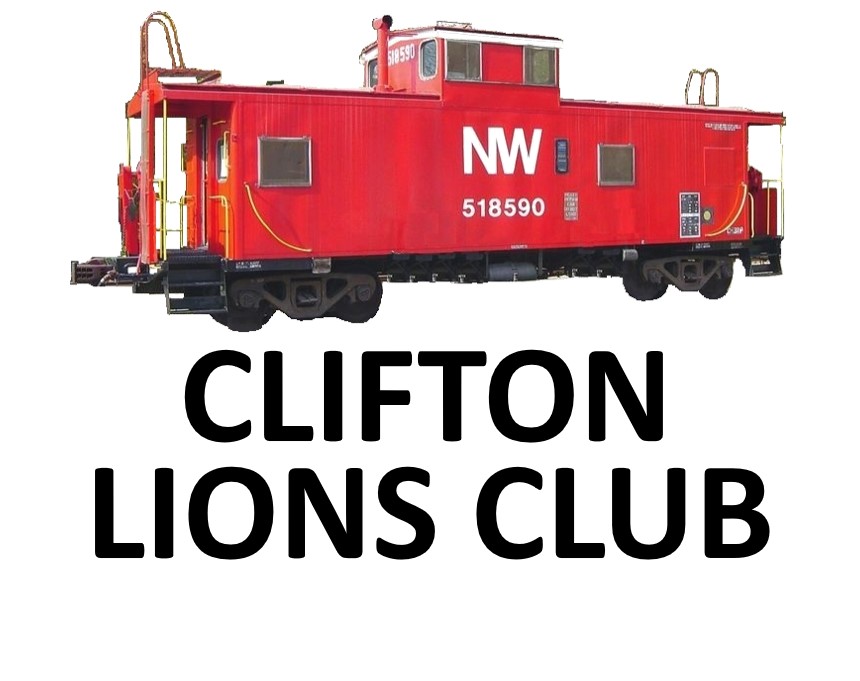The 2026 Speakers for Scholarship Series will present engaging speakers on various topics touching on inventions, foreign government, adventure, and more. The Speakers for Scholarship Series, a fund-raising event to help students finance their education through our CCWC scholarships, will be held on four Sundays from 4:30 PM to 6 PM at The Woodlands at 4320 Forest Hill Drive, Fairfax, VA 22030. Light refreshments will be served. Tickets are $100 for the Four-Speaker Series or $30 for each individual session. Each session is limited to 50 participants. Click to download a PDF of the ticket order form or Contact Us to request more information.
2026 Speaker Topics
February 1, 2026
“The Creative Process of Invention“
Presented by Mark Gottlieb
March 1, 2026
“Putin, Russia, and the World”
Presented by Dr. Mark N. Katz
March 29, 2026
“14 Expeditions to Antarctica and the South Pole”
Presented by Jerry Mullins
May 17, 2026
“Disguise and Deception in the CIA”
Presented by Jonna Mendez
More About Our 2026 Speakers and Topics
February 1 – The Creative Process of Invention
Mark Gottlieb
As an entrepreneur, inventor and Renaissance man, Mark will share the creative process of inventing including examples of how it is used; not just in his professional life but through his hobbies of woodworking, 3D printing and photography. With his background as a serial entrepreneur and with 30 patents to his name, Mark will share the behind-the-scenes tools and software that he uses to produce some of his unusual creations and will bring along a large box full of many of his inventions, woodworking, and 3D printed creations.
March 1 – Putin, Russia, and the World
Dr. Mark N. Katz, Professor Emeritus of Government and Politics, George Mason University.
Vladimir Putin continues to have a profound impact on Russia’s domestic politics, as well as its foreign policy. Learn about Putin’s rise to power, the evolution of his domestic and foreign policies, and what his legacies might be. Professor Katz holds a Ph.D. in political science from the Massachusetts Institute of Technology and is the author of six books on Russia and revolutions.
March 29 – 14 Expeditions to Antarctica and the South Pole
Jerry Mullins, Physical Scientist and Emeritus Chief of the U.S. Geological Survey (USGS) Polar Programs, served as Regional Coordinator for the Antarctic, Arctic, and Canadian USGS Programs.
Join Jerry for a tour of the coldest continent, from penguins to plate tectonics, from petrified wood to ice dynamics. Jerry directed the mapping for the glacial rescue of an LC-130 aircraft and its passengers. Because of his extensive research of subglacial lakes, dry valleys, and other geographic features, some of these polar features now bear the name of Mullins.
May 17 – Disguise and Deception in the CIA
Jonna Mendez, Former Chief of the Disguise Division
Jonna rose through 27 years in the CIA to become Chief of the Disguise Division with an international staff and a multi-million dollar budget. During the height of the Cold War, innovations from the Disguise Division protected CIA case officers and their assets from adversaries like the KGB. Jonna will share insight on how the CIA uses disguise and deception to evade surveillance in hostile countries. Jonna authored “In True Face: A Woman’s Life in the CIA, Unmasked” and co-authored “Spy Dust” and The Moscow Rules,” with her husband, Tony Mendez, the CIA operative depicted in the book and movie “Argo.”
Previous Speakers and Topics
2025
Dr. Jim Pfiffner, George Mason University Professor Emeritus and author of 15 books on the Presidency and Government presented “President Trump: Deep State or Shallow State?” President Trump often complained about the “deep state” of career civil servants and military leaders who, he asserted, were determined to undermine his presidency. But it was his own political appointees, the “shallow state,” who most effectively resisted his directives. Unprecedented in the American presidency, President Trump’s appointees in the White House, cabinet, military, and intelligence community refused to carry out many of the president’s directives. This level of resistance and record number of turnover appointees illustrates how different President Trump’s leadership was from all other modern presidents.
Dr. Mark Rozell, Dean of the Schar School of Policy and Government, George Mason University presented “The Changing Political South”. The US South traditionally has been defined as the eleven states of the former Confederacy. This talk will ask, “What really is the political South today?” Has the transformation of much of the Old South economically, culturally, and politically made the region generally no longer distinctive? How should the political South be defined and analyzed in light of substantial demographic and cultural change in the region and what are the political implications of the fast-growing and economically dynamic regions of the South?
Special Agent Lydia Jechorek, retired FBI Espionage Squad Supervisor presented “The Race to Find a Spy and His Buried Secrets: The Brian Regan Espionage Case”. Step into the clandestine world of espionage and walk through the case of Brian Regan, a USAF master sergeant turned traitor. A fascinating tale of buried secrets, this case is a race to identify an unknown subject and to solve the high-stakes dilemma of when to make the arrest. Regan’s espionage activities threatened to compromise national security on a scale not seen in decades. Regan was such a serious threat to national security that he became the first espionage subject in 50 years to be eligible for the death penalty.
Dr. Harold Geller, American University Adjunct Professor and George Mason University Associate Professor Emeritus presented “UFOs: Yesterday, Today, and Tomorrow”. Examine Unidentified Aerial Phenomena (UAPs), previously known as UFOs, through a Sherlock Holmes approach of keen observational skills and deductive reasoning. Analyze the current media hype surrounding recently released photographs in light of historical precedents. Hear fascinating and enduring UFO stories from the retired director of George Mason University’s Observatory, and NASA Jet Propulsion Laboratory’s Solar System Ambassador.
2024
Dr. Stephen Ruth, Professor of Public Policy and Director of Applied Studies in Information Technology at George Mason University presented “Technology’s Severest Challenges: Things that Keep Me Up at Night”. Learn about the scary, potentially game-changing topics in information technology. Many are already major news stories while others are just about to break the surface. Topics will include artificial intelligence, ransomware, phishing, cyber bullying, disruption by virtual currencies, bots and scrapers, e-waste, cyber terrorism, and fake news. It’s not all dire because there are solutions for each of these challenges, and individuals, businesses, and governments might be able to cope with them after all.
Joshua Borths, Resident Scholar at Virginia Opera presented “What’s All the Buzz About Opera?”.
What fascinates people so much about opera? Is it the magical singing and the drama or the extravagant costumes and the stage set? Is it the live orchestra and the beauty of Puccini and Verdi or is it the sound of a foreign language and the fun superscripts in English? Take a behind-the-scenes tour and learn why so many people are in love with opera.
Dr. Cynthia Smith presented “Unveiling Underwater Secrets of the Potomac” at George Mason’s Potomac Science Center. The Potomac Environmental Research and Education Center is a LEED Silver-certified research facility on the waters of Belmont Bay. Dr. Smith delivers field programs and exhibits and manages formal and informal science programs and experiential learning adventures targeted towards K12 students, the general public, university learners, and public officials. Dr. Smith and her staff have presented outdoor watershed education programs to over 100,000 middle school students. This is an afternoon to enjoy nature, heighten your awareness of the environment, and perhaps see an osprey or eagle.
John Cranston, Captain, USN (Ret.), presented “Hong Kong Pro-Democracy Protests, What Happened and Why They Matter”. Retired Navy Captain John Cranston served as the chief representative for the U.S. Department of Defense to the government of Hong Kong from 2018-2021. He was an eyewitness to the Hong Kong pro-democracy protests from their inception, evolution, and suppression by the Chinese Communist Party.
2023
Dr. Susan Adams, retired FBI Agent, author, college professor, and researcher in the field of Investigative Interviewing presented “Reading Body Language Clues”. Have you ever wondered what you look like when you’re not looking? You’ll find out in this interactive presentation filled with photos, videos, and demonstrations. You’ll learn how you and others use space and what this tells others about you. You’ll also practice recognizing clues to stress such as increased respiration, perspiration, heart rate and adrenaline.
Nick Glakas, former naval officer, international lawyer, college association president and cruise ship lecturer presented “Artists of the High Renaissance”. Journey back to 16th century Italy when Leonardo, Michelangelo, Raphael and Titian pursued artistic excellence and individual fame. The Renaissance reached its highpoint with these great artists and their famous works such as Leonardo’s paintings of “Mona Lisa” and the “Last Supper,” Michelangelo’s sculpture of the “Pieta” and the “David,” Raphael’s numerous paintings of “Madonna and Child” and Titian’s magnificent canvass of “The Assumption of the Virgin.”
Dr. Steven Barnes, author and Associate Professor of Russian History and Director of the Program in Russian and Eurasian Studies at George Mason presented “Russia’s War on Ukraine: Origins and Update”. What is Ukraine and how did it come to be the object of Putin’s violent obsession? How do Ukraine’s history and culture help us understand the rise of this nation and their resistance and resilience? What historical analogies are appropriate to our understanding of this war? In this lecture and discussion, Professor Steven Barnes will explore the historical origins of Russia’s war on Ukraine and provide an update on the most recent developments and potentialities for the future.
Dr. Rick Davis – Dean of George Mason’s College of Visual and Performing Arts (and Ibsen translator/director/scholar) presented “What’s Modern About Modern Drama?” In the late 19th and early 20th centuries, titanic playwrights like Ibsen, Chekhov, and Shaw revolutionized the foundations of drama in response to changing understandings of science, religion, human rights, psychology, and culture. How did this happen, and what has become of their revolution today? Is “modern drama” still modern? This talk explores the fascinating intersections of theater and society in a time of ferment and discovery.























